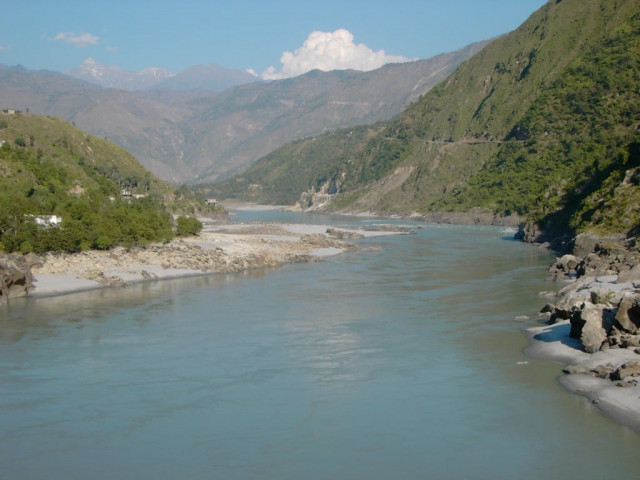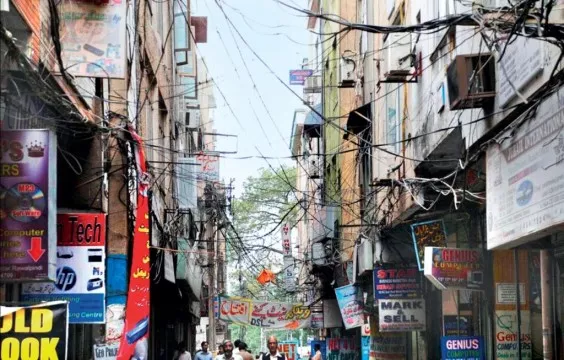Indus River ‘2nd most polluted’ in world
Senate panel discusses ways to combat smog

The officials of the climate change ministry on Wednesday informed a Senate panel that Indus River had turned into the second most polluted one in the world as the drainage water of 388 cities of Pakistan fell directly into it.
A meeting of the Senate Standing Committee on Climate Change presided by Senator Seemee Ezdi was held at the Parliament House. Ezdi said when she returned to the federal capital from Karachi, she was surprised to see fog at the Islamabad airport.
“Islamabad has never seen such intense fog before,” she added. Pakistan Meteorological Department Director General Mahr Sahibzad Khan told the committee that fog had increased in Islamabad because of the lack of rains in December.
Read Promoting the economy of scenes: case of river Ravi
He continued that the probability of rain this year would be more in the coming days. He told the panel that there were likely to be more rains in the last week of January. Khan explained that smog was formed by the toxic substance of different gases.
He attributed 45% of smog to smoke emitted by vehicles. Senator Farooq Hamid Naek said fog occurred all over the world but Pakistan was responsible for the smog itself. He pointed out that the coal plant installed in Sahiwal was also causing smog. He noted that the coal for this plant came from Karachi.
“It would have been better if it [coal plant] had been installed next to Karachi,” he added. Climate Change Secretary Asif Hyder Shah told the committee that that the intensity of cold in Islamabad in January this year had decreased than what it was in the past.
Read Smog termed public health emergency
“All these are the effects of climate change. Now we have to decide how to deal with it,” he continued. The official said at the recent 28th session of the Conference of the Parties (COP28) to the UN Framework Convention on Climate Change (UNFCCC), Pakistan faced a lot of pressure for using coal plants but they presented their arguments.
He added that it took 30 years for developed countries to reach a stage where they could use other sources of energy. However, the official conceded that eventually the country would also have to opt for alternative energy sources,
He stressed the need to stop burning crop waste in fields to combat smog. The officials of the climate change ministry said five brick kilns were closed in Islamabad, They added that some brick kilns had been changed to zigzag method.
The officials said climate change also had negative economic effects, stressing the need for oil refineries to use quality oil.



















COMMENTS
Comments are moderated and generally will be posted if they are on-topic and not abusive.
For more information, please see our Comments FAQ